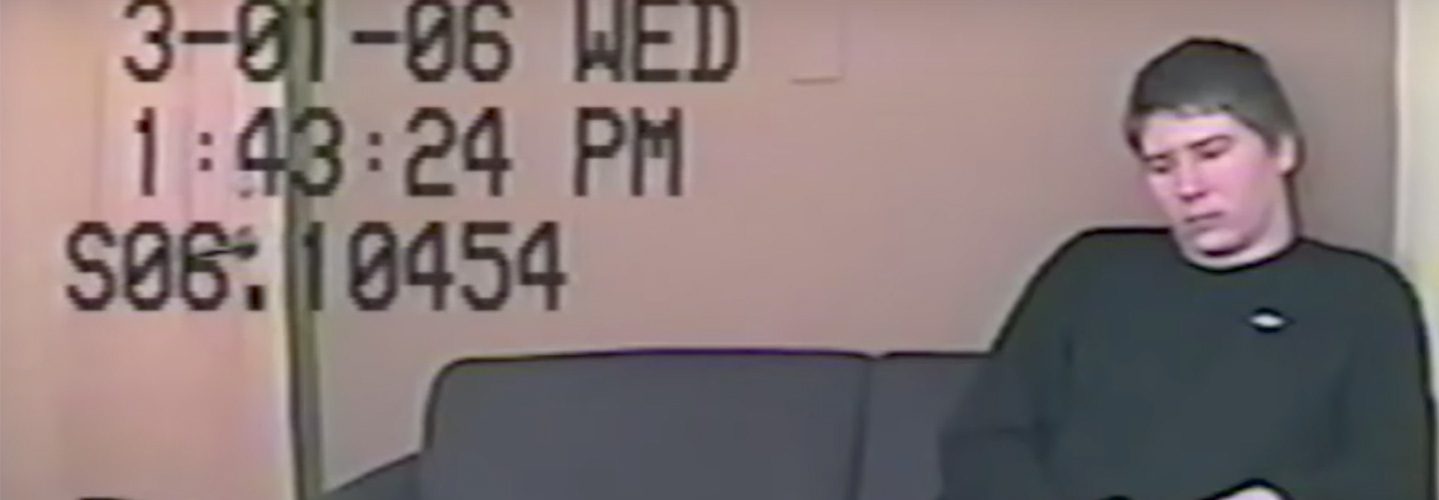A federal appeals court upheld a lower court ruling Thursday that the confession of Brendan Dassey, one of the main subjects of the Netflix documentary series ‘Making a Murderer,’ was coerced. The case against him was largely constructed on his taped confession, according to NPR, in which he admitted to helping his uncle, Steven Avery, rape and murder a 25-year-old photographer in 2005.
Dassey, who has a low IQ and was enrolled in special education classes as a sophomore at the time of his arrest, has been in prison since 2007, the New York Times reports. He later recanted his confession.
“In addition to failing to apply a totality of the circumstances analysis to the facts of this case, as required by the Supreme Court, the state court acted unreasonably when it determined that, given the totality of the circumstances, Dassey’s confession was voluntary,” Judge Ilana Rovner wrote for the majority in a 104-page opinion.
See ABC News’ breakdown of Dassey’s confession from 2016 below.
This article was featured in the InsideHook newsletter. Sign up now.
